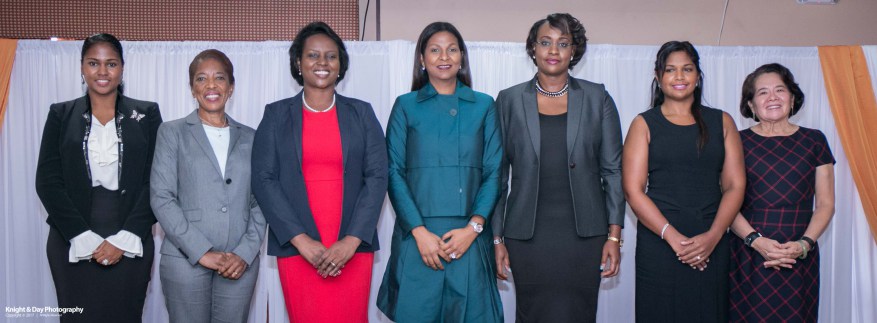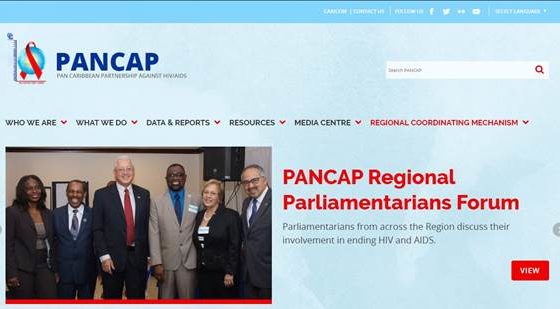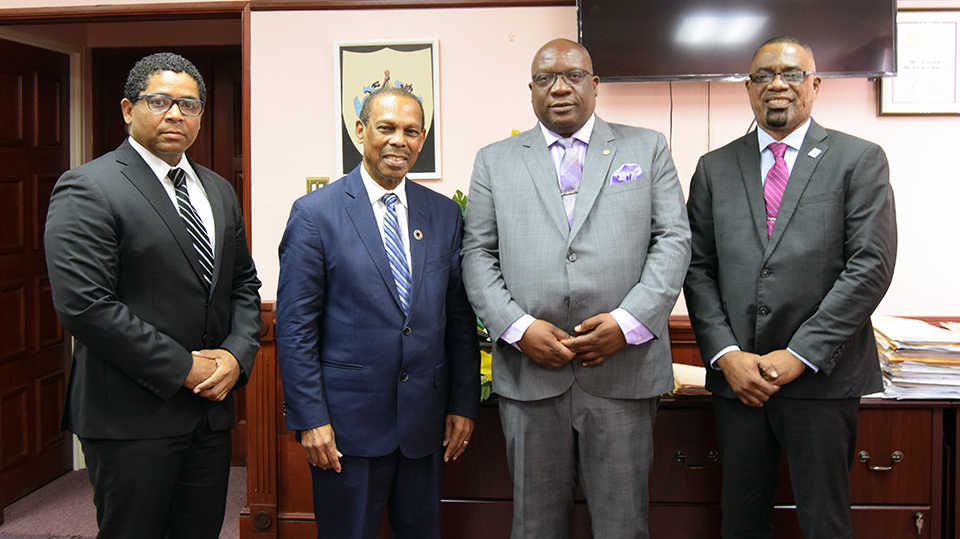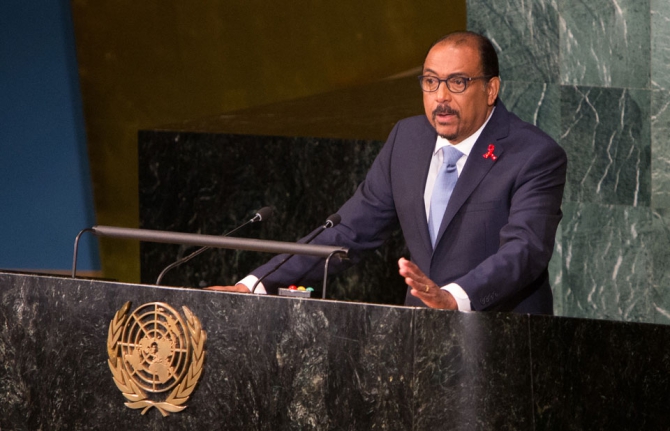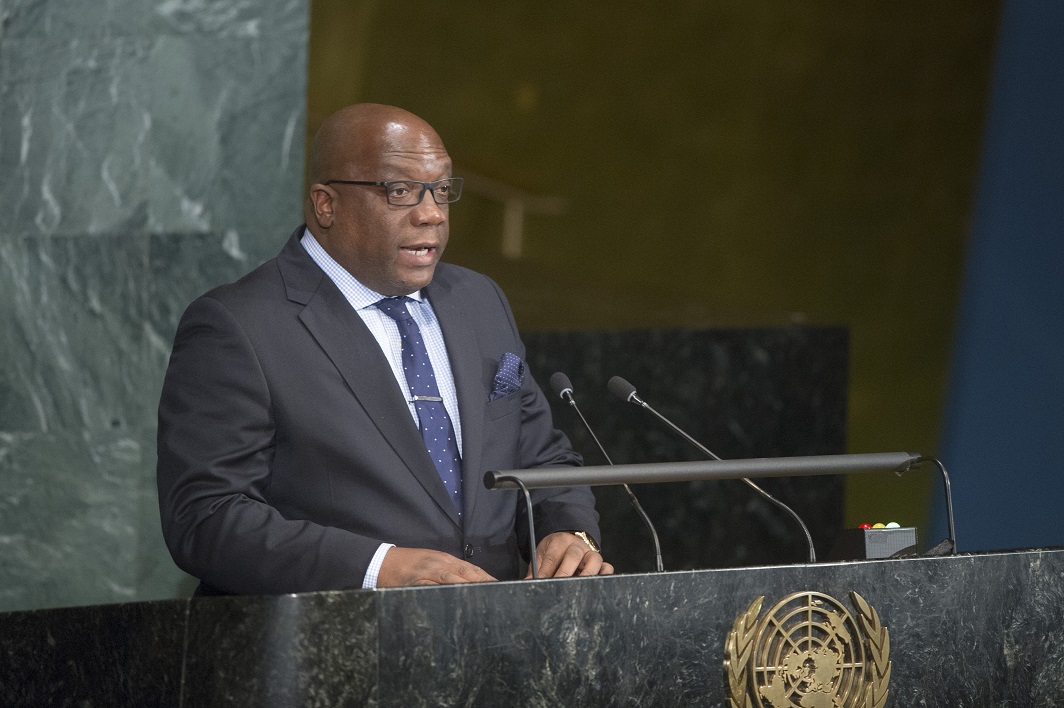(CARICOM Secretariat, Turkeyen, Greater Georgetown, Guyana) A Special Meeting of the CARICOM Council for Human and Social Development (COHSOD) held in Port of Spain, Trinidad and Tobago on 9-10 June 2006 agreed on a framework of action for a more positive role of the national and regional educational sectors in HIV and AIDS response.
The meeting, which also included representatives from the public and private sectors, labour, civil society, regional and international agencies and people living with HIV and AIDS agreed that the framework would place emphasis on prevention strategies targeted at parents, teachers, workers and students.
The decisions of the meeting were captured in the Port of Spain Declaration on the Education Sector Response to HIV and AIDS. Coming just one week after the UN Special Session on HIV/AIDS, the COHSOD meeting drew on the recommendations of that Special Session for moving toward Universal Access to HIV/AIDS prevention, care and treatment.
At the centre of the CARICOM framework is the development of a regional strategy as well as national strategic plans which emphasise education for all and lifelong learning experiences.
The Port of Spain Declaration noted with alarm that the Region was facing an unprecedented human catastrophe with a total of 300,000 persons living with HIV, 30,000 of whom became infected in 2005. The disease is the highest cause of death in persons 15-44 years in the Caribbean and the prevalence rate for women 15-34 years is at least twice as high that of men of similar age.
The Declaration agreed to strengthen the programmes for Health and Family Life Education (HFLE); to utilize the newer information technologies to improve the sharing of information; and to promote popular and public education through edutainment programmes that reach various stakeholders through various cultural forms.
It also calls for the adoption of education in the workplace and engaging the Caribbean Publishing Network (CAPNET) to ensure the provision of quality and culturally sensitive instructional material. In addition, the Declaration stressed the need for advocacy on the part of Ministers of Education, resource mobilisation, the development of international partnerships; and the greater involvement of people living with HIV and AIDS in the planning and implementation of the of the educational and HIV and AIDS strategy.
In welcoming delegates at the opening session, Senator the Hon. Hazel Manning, Minister of Education of Trinidad and Tobago who presided over the Special Meeting, called on the professionals and practitioners in the educational sector “to make a difference through a sustained, comprehensive, research driven, evidence-based drive that puts the epidemic behind us.”
The keynote address was given Hon Mohamed Ever Surty, Deputy Minister of Education of South Africa who shared the South African experience and exhorted the region to strengthen the role of education in HIV and AIDS prevention.

